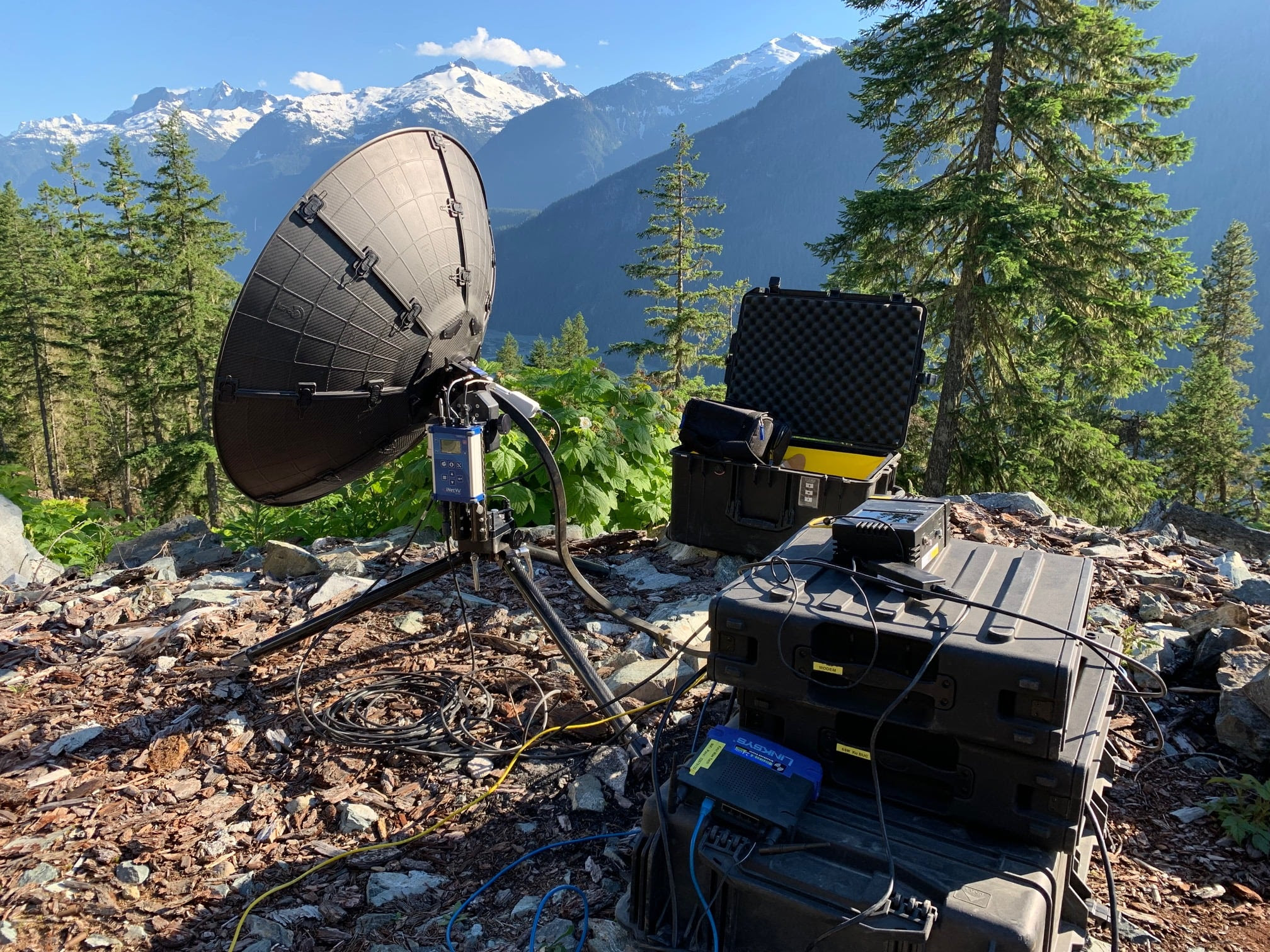First Mile Technologies Introduces Camera-to-Cloud Connectivity
Service allows film and television productions to stream camera data for instantaneous remote access

The professional video industry's #1 source for news, trends and product and tech information. Sign up below.
You are now subscribed
Your newsletter sign-up was successful
TORONTO—First Mile Technologies, a developer of creative connectivity solutions for media and entertainment production, has launched a new service to allow productions to stream live, high-quality camera media to the cloud, making it accessible live on various platforms during productions.
The service is designed to streamline production workflows by offering an alternative to the current practice where camera media is recorded to hard drives and digitally processed before delivery to production and post-production partners.
In development for more than two years, the company’s service has already been used on the production of the Paramount Television Studios’ series `Station Eleven,’ projects for Netflix, CBS and NBCUniversal, and numerous broadcast advertising productions.
First Mile Technologies also has a strategic partnership with Weiden, Germany-based Second Reef GmbH to support productions in Europe and other international locations.
“We are achieving levels of connectivity not seen before in film and television production,” said CEO Brandon Cooper. “Productions can connect from anywhere to anywhere.”
First Mile developed its system with support from Dejero, a maker of mobile transmitters and IP video transport systems, and other technology partners. It integrates cellular, fiber, broadband and satellite connections into “super networks” enabling productions, whether on a stage or on location, to securely live stream camera data to a cloud server. Remote production staff, editors and others can access the camera stream from any device, including iPhone and iPad, via Evercast, Sohonet ClearView, PacPost.live or the company’s proprietary viewing platform First Mile Frame, the company reported.
“We move files, proxies or full resolution, almost instantly over long distances,” Cooper noted. “Everyone in the production chain gets the media they need so that review, editorial, color grading, visual effects and other processes can begin immediately.”
The professional video industry's #1 source for news, trends and product and tech information. Sign up below.
First Mile enables cloud connectivity in a variety of ways. Crews working on stages can upload video or data via fixed-line internet connection, backhauled with encrypted cellular connectivity. On location, camera media is streamed from a Dejero EnGo mobile transmitter to a WayPoint receiver, located at a base camp, and made available to production partners with virtually no latency. For extremely remote sets, where cellular connections are limited, a combination of a Dejero EnGo encoder and Ku-band IP satellite technology provides the bandwidth necessary to reliably transport high-quality, live video.
Security is built into the system. Data is delivered in packets across networks from multiple providers. That eliminates the possibility of packet loss or theft, while avoiding problems with jitter, bandwidth fluctuations and latency. “Data can be simultaneously routed over available cellular networks, satellite IP, and local and wide area network connections,” explained Cooper. “Data is encrypted with military-grade encryption and therefore indecipherable.”
The system works with most commonly-used, professional cameras. First Mile has streamed video data from camera cars, aircraft and drones.
“If you are shooting from a camera car with a Russian arm, it can be difficult to tell if you got the shot you need,” Cooper explained. “A chase vehicle following the action may be piloted by a civilian driver with the key creative decision makers inside, hoping that they are close enough to get a clear signal. Our workflow makes that vehicle unnecessary. We place a cellular transmitter in the car so that the camera feed can be streamed live back to basecamp to be viewed on large-screen monitors or into a mobile browser window via our Frame WebRTC platform.”
George Winslow is the senior content producer for TV Tech. He has written about the television, media and technology industries for nearly 30 years for such publications as Broadcasting & Cable, Multichannel News and TV Tech. Over the years, he has edited a number of magazines, including Multichannel News International and World Screen, and moderated panels at such major industry events as NAB and MIP TV. He has published two books and dozens of encyclopedia articles on such subjects as the media, New York City history and economics.

